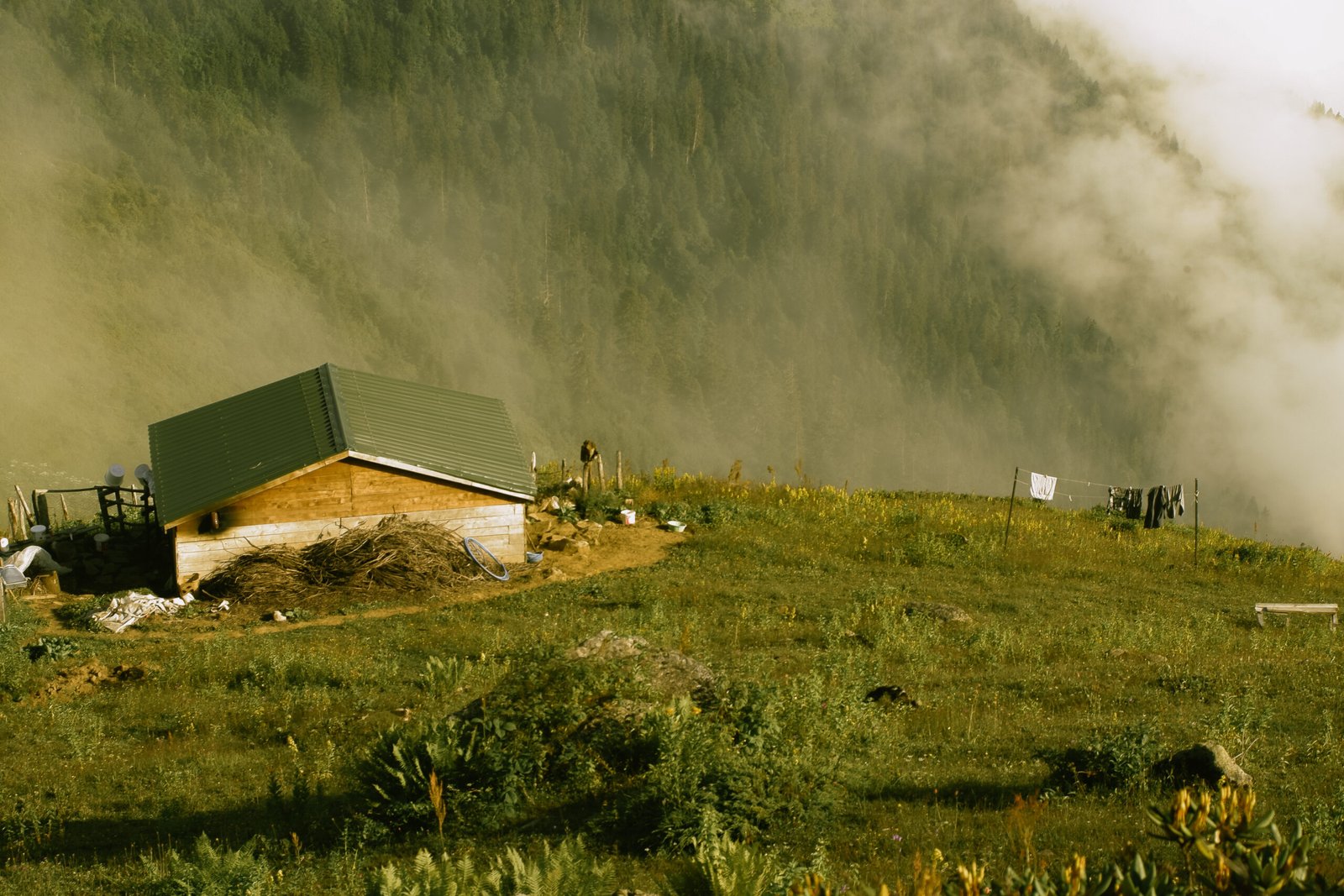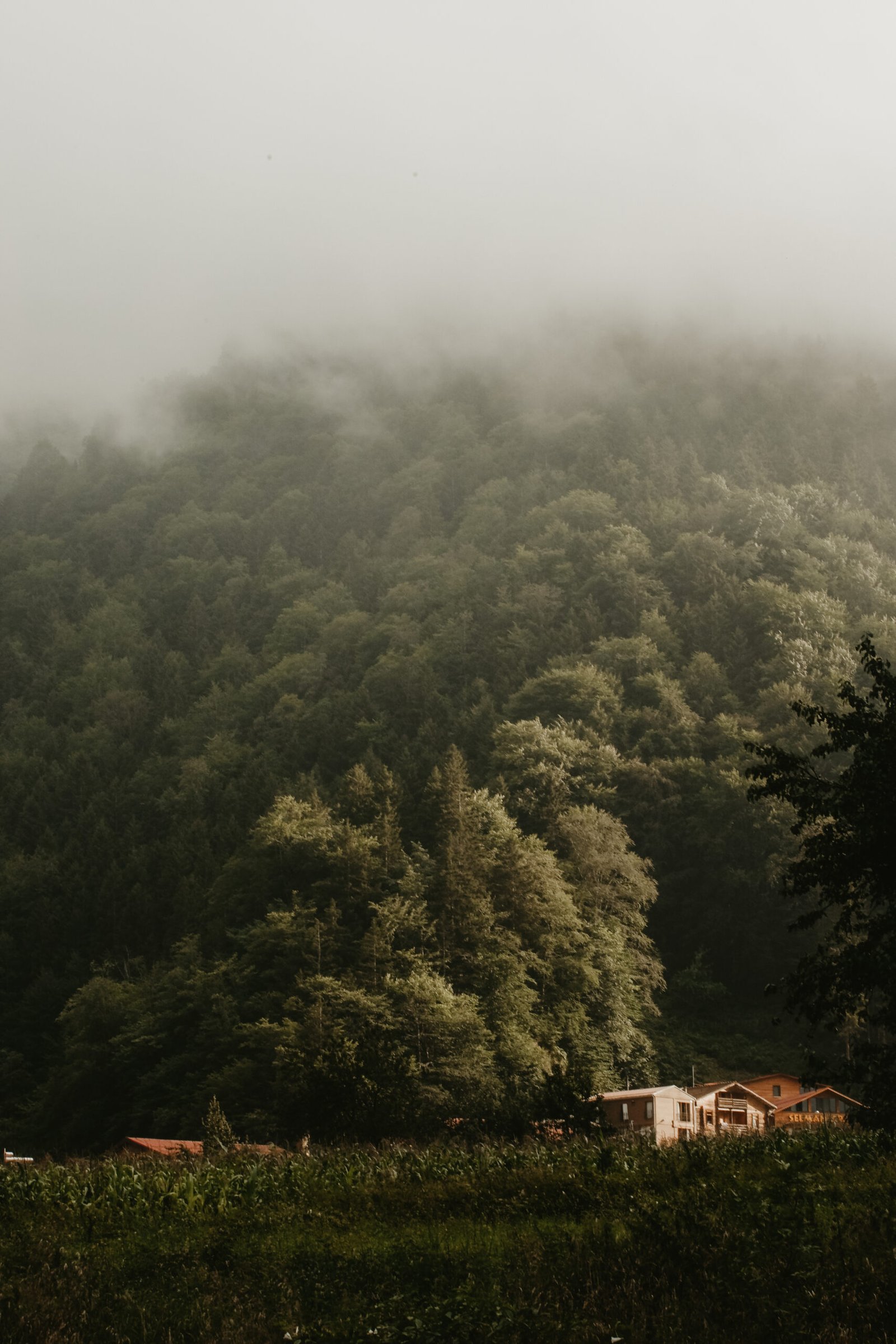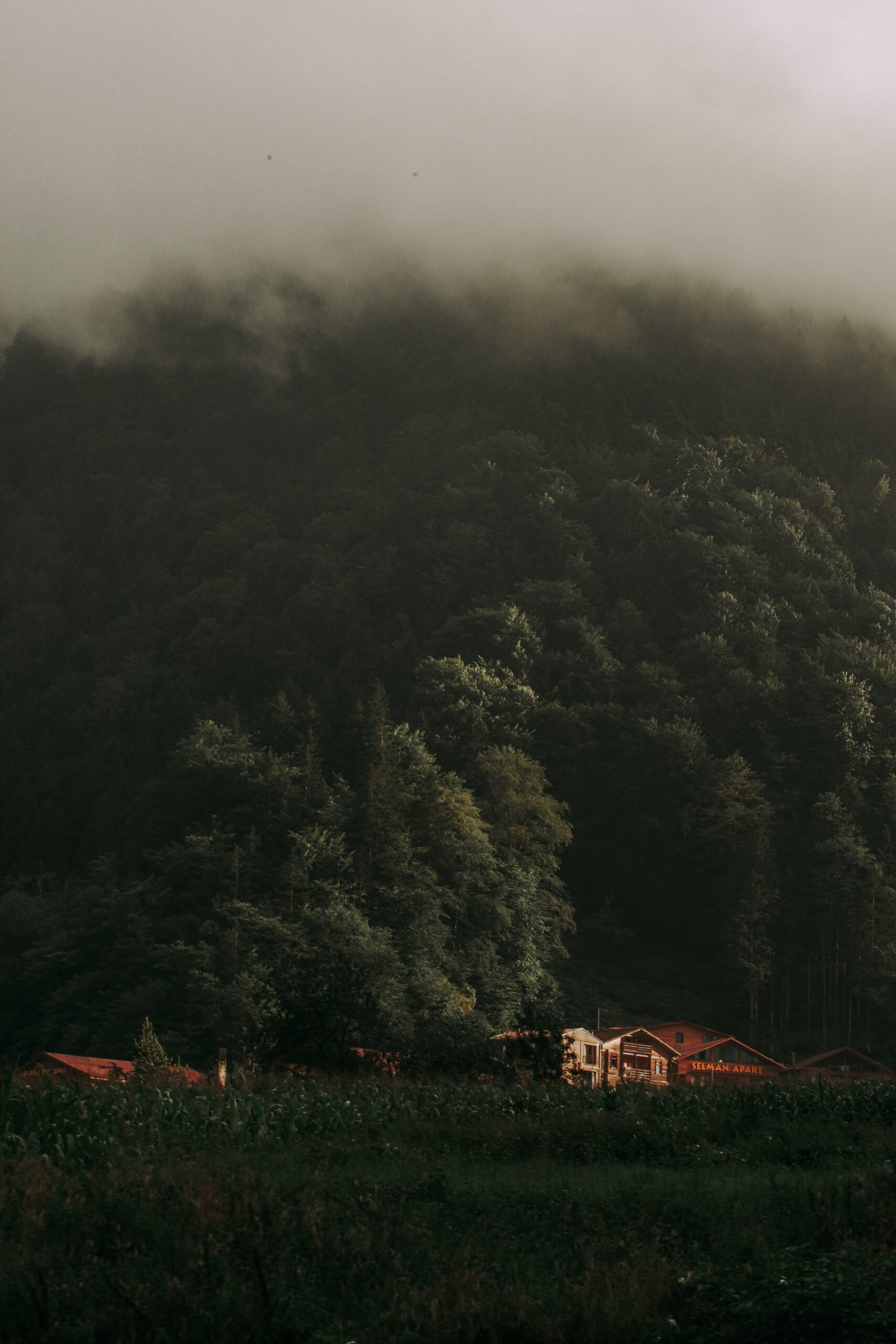
Eek, Alaska
Imagine stumbling upon a place so unique that you can’t help but exclaim, “Eek!” Well, that’s exactly what you’ll find in Eek, Alaska. Tucked away in southwestern Alaska, this charming city is a hidden gem waiting to be explored. With its breathtaking natural beauty and warm, welcoming community, Eek offers a truly unforgettable experience. Whether you’re a nature enthusiast, a history buff, or just looking for a peaceful getaway, Eek has something for everyone. So, pack your bags and get ready to discover the wonders of this Alaskan treasure.

Geography
Location
Eek is a remote village located in the Yukon-Kuskokwim Delta region of western Alaska. Situated along the Eek River, the village is approximately 400 air miles west of Anchorage and about 10 miles inland from the Bering Sea coast. Its isolated location offers a unique and serene environment, surrounded by vast wilderness and breathtaking natural beauty.
Topography
The topography of Eek mainly consists of flat, low-lying terrain, with the landscape dominated by wetlands, tundra, and numerous interconnected lakes and streams. The village sits at an elevation of just over 10 feet above sea level. The vast delta region and the nearby Nunivak Island provide a picturesque backdrop, showcasing the stunning diversity of the Alaskan landscape.
Climate
Eek experiences a subarctic climate, characterized by long, cold winters and short, cool summers. Winter temperatures can drop well below freezing, often reaching as low as -20°F, while summer temperatures generally range from 40°F to 60°F. Snowfall is abundant during the winter months, contributing to the serene white landscape. Despite the challenging climate, the area boasts incredible natural beauty throughout the year, attracting visitors from around the world.
Demographics
Population
Eek is home to a close-knit community with a small but vibrant population. As of the latest census, the village had approximately 400 residents. The population primarily consists of Alaska Native peoples, with the majority belonging to the Yup’ik ethnicity. The community’s small size fosters a strong sense of community and a deep connection with the land and cultural traditions.
Ethnicity
The majority of Eek’s population identifies as Yup’ik, an indigenous group with roots that can be traced back thousands of years. The Yup’ik people have a rich cultural heritage, and their traditions and customs are deeply ingrained in the fabric of Eek’s community life. The village embraces and celebrates the diversity of its residents, fostering a strong sense of cultural pride and unity.
Languages
The primary language spoken in Eek is Yup’ik, which serves as a vital link to the community’s cultural heritage. However, English is also widely spoken, and efforts are made to ensure that both languages are preserved and valued in the village. The younger generation receives education in both languages to maintain the linguistic and cultural traditions of the community.
History
Early Settlement
Eek has a history that stretches back thousands of years, with evidence of human habitation dating back to ancient times. The Yup’ik people have inhabited the region for generations, relying on the rich resources of the land and the nearby river for sustenance. Traditional hunting, fishing, and gathering practices formed the foundation of their subsistence lifestyle and continue to be an integral part of the community’s cultural identity.
Russian Influence
The first recorded contact between the Yup’ik people and Europeans occurred in the late 18th century when Russian explorers arrived in Alaska. Over time, Russian influence began to shape the village’s culture and way of life. Russian Orthodoxy, introduced by Russian missionaries, became an important part of religious and cultural practices, blending with indigenous beliefs and customs.
Gold Rush Era
Like much of Alaska, Eek experienced the effects of the Klondike Gold Rush in the late 19th century. The lure of gold brought a wave of prospectors and settlers to the region, transforming the village into a trading post and a supply center. While Eek itself did not see significant gold discoveries, the Gold Rush era had a profound impact on the economic and social landscape of the entire region.
Modern Development
In recent decades, Eek has been transitioning into a modern community while still cherishing its rich cultural heritage. The village has undergone infrastructure improvements, including the introduction of electricity, improved transportation links, and the establishment of modern amenities. Despite these developments, Eek remains deeply rooted in its traditional values, embracing a harmonious blend of old and new.
Economy
Primary Industries
The primary industries in Eek revolve around traditional subsistence activities, such as hunting, fishing, and gathering. The village’s geographic location provides access to abundant fish, game, and natural resources, making these activities essential for both sustenance and cultural preservation. Additionally, the community is exploring opportunities to develop sustainable economic ventures that showcase traditional arts and crafts.
Job Market
Due to its remote location, employment opportunities in Eek are limited. Most residents work in subsistence activities or are engaged in community-based initiatives. The village administration and school district also provide employment opportunities in education and local governance. However, the lack of job opportunities has led to outmigration, with some community members seeking employment and educational opportunities in larger Alaskan cities.
Tourism
Eek is gradually becoming a destination for visitors seeking an authentic Alaskan experience. Tourists are attracted to the village’s rich cultural heritage, scenic beauty, and unique subsistence lifestyle. Visitors have the opportunity to immerse themselves in the local customs, participate in traditional activities, and learn about the Yup’ik way of life. Tourism provides a potential avenue for economic growth, allowing Eek to share its cultural treasures while supporting sustainable development initiatives.

Education
Schools
Eek is proud to have its own local school, providing education from pre-kindergarten through high school. The school is an essential institution in the community, serving not only as an academic center but also as a cultural hub. It offers a curriculum that incorporates both Western and Yup’ik knowledge, ensuring students receive a well-rounded education that celebrates their heritage and prepares them for the future.
Educational Challenges
Eek faces unique challenges in the realm of education. The remote location and limited resources pose logistical difficulties in providing a wide array of educational opportunities. Additionally, cultural preservation and revitalization are essential goals, requiring the incorporation of Native languages, traditions, and knowledge into the curriculum. Despite these challenges, the community and school administration work tirelessly to overcome obstacles and provide a quality education for their youth.
Initiatives and Programs
To address the educational challenges, Eek has implemented various initiatives and programs to enhance the learning experience for its students. Bilingual education programs promote proficiency in both Yup’ik and English, fostering cultural pride and ensuring students are equipped with vital language skills. Cultural immersion activities, such as traditional dance and storytelling, are integrated into the curriculum to instill a strong sense of cultural identity and to strengthen intergenerational connections.
Transportation
Air Travel
Given Eek’s remote location, air travel is the primary mode of transportation for residents and visitors. The village is served by a small airstrip, allowing for regular flights to and from larger regional hubs. These flights play a crucial role in providing essential supplies, medical services, and connecting the community to the outside world. Air travel also offers breathtaking aerial views of the surrounding wilderness, showcasing the vastness and beauty of the Alaskan landscape.
Waterways
Eek’s location along the Eek River provides a vital transportation corridor, especially during the summer months when the river is navigable. Residents utilize boats and canoes to travel within the village or access nearby fishing and hunting grounds. This traditional means of transportation not only serves practical purposes but also reinforces the cultural connection between the community and the land that has sustained them for generations.
Roads
Eek does not have a road network that connects it to other communities or cities. Its remote location and challenging terrain make road construction expensive and impractical. However, within the village boundaries, there are dirt roads and trails that facilitate transportation for residents. These internal roads are essential for accessing local services, including the school, clinic, and community buildings.

Culture
Traditional Customs
Eek’s culture is deeply rooted in the traditions and customs of the Yup’ik people. The community places great importance on maintaining strong connections to their ancestral heritage. Traditional customs, such as traditional dance, storytelling, subsistence activities, and crafts, are cherished and passed down through generations. These customs serve not only as a way of preserving cultural identity but also as a means of building solidarity and fostering a sense of belonging within the community.
Indigenous Influences
Indigenous influences are prevalent in Eek’s daily life, shaping everything from language to art, spirituality, and social structure. Traditional subsistence activities, such as fishing and hunting, remain central to the community’s way of life, providing sustenance and maintaining cultural practices. Indigenous knowledge systems, deeply rooted in the land and nature, also influence decision-making processes and community governance.
Arts and Festivals
Eek celebrates its cultural heritage through vibrant artistic expressions and lively festivals. Traditional Yup’ik arts, including intricate ivory carvings, exquisite beadwork, and distinctively decorated traditional garments, are esteemed for their craftsmanship and cultural significance. Festivals and gatherings, such as the Kuskokwim 300 Sled Dog Race and the Eek Kingikmiut Dance Festival, offer opportunities for both residents and visitors to witness and participate in the rich cultural traditions of the Yup’ik people.
Recreation
Outdoor Activities
The breathtaking natural surroundings of Eek provide a myriad of outdoor activities for residents and visitors alike. Fishing is a beloved pastime, with the Eek River teeming with salmon and other fish species. Hunting expeditions in search of game such as moose, caribou, and waterfowl are common during the designated seasons. Berry picking and mushroom foraging offer opportunities to connect with nature and gather traditional food sources.
Sports
Sports play a significant role in the recreational pursuits of the Eek community. Basketball, volleyball, and traditional Yup’ik games like “Eskimo High Kick” are highly popular. The village embraces a spirit of friendly competition, organizing local tournaments and community events that promote physical fitness, teamwork, and cultural pride.
Parks and Recreation Centers
Eek boasts several well-maintained parks and recreation centers that provide spaces for community gatherings, sports activities, and cultural events. These facilities serve as hubs for social interaction, fostering a sense of community cohesion and providing access to recreational resources that contribute to the well-being of residents. The parks are also imbued with the natural beauty of the surrounding landscape, offering serene settings for relaxation and reflection.
Healthcare
Medical Facilities
Eek is equipped with a medical clinic that provides essential healthcare services to the community. The clinic is staffed by healthcare professionals who serve as primary care providers, offering a range of medical services to residents. While the clinic offers routine check-ups, emergency care, and medication management, more complex medical cases may require transportation to larger hospitals in regional centers.
Healthcare Challenges
Eek faces numerous healthcare challenges, primarily due to its remote location and limited access to healthcare specialists and services. The village’s isolation makes it difficult to recruit and retain healthcare professionals, resulting in limitations in the scope of care that can be provided locally. The prevalence of chronic diseases, exacerbated by lifestyle factors and limited access to fresh food, poses additional challenges in addressing the healthcare needs of the population.
Community Health Programs
To address healthcare challenges and promote wellness within the community, Eek has implemented various community health programs. These programs focus on preventative care, health education, and lifestyle interventions. Community members actively participate in initiatives that aim to reduce the burden of chronic diseases, raise awareness about healthy living, and provide support for individuals managing their health conditions. Additionally, traditional healing practices are respected and integrated into healthcare approaches, acknowledging the holistic nature of wellness.
Infrastructure
Utilities
Eek’s infrastructure includes vital utilities that support the everyday life of its residents. The village has access to electricity, a significant development that has improved living conditions and enabled various modern amenities. Clean water and sanitation services are available, ensuring a safe environment for residents. Telecommunication services allow for communication with the outside world, bridging the geographical distance and facilitating connections through phones and internet access.
Housing
Housing in Eek primarily consists of small, single-family homes. These houses, often built on pilings to protect against flooding, provide shelter and comfort in the challenging climate. The village has made efforts to improve housing conditions through various programs, including home repair initiatives and new construction projects, aiming to provide residents with safe and energy-efficient homes that meet their needs.
Communication
Eek is connected to the wider world through telecommunication services, although the remote location can present challenges in terms of connectivity and bandwidth. Residents have access to landline and cellular phone services, allowing communication with family and businesses outside the village. Internet access is available, enabling individuals to stay connected, access educational resources, and participate in online platforms.
In conclusion, Eek, Alaska, located in the breathtaking Yukon-Kuskokwim Delta region, is a vibrant and culturally rich community with a deep connection to its Yup’ik heritage. The village’s geography, demographics, history, and infrastructure shape and influence daily life. As Eek continues to preserve its cultural identity while embracing modern developments, the community strives to overcome challenges, nurture its people’s well-being, and ensure a prosperous and sustainable future for generations to come.
